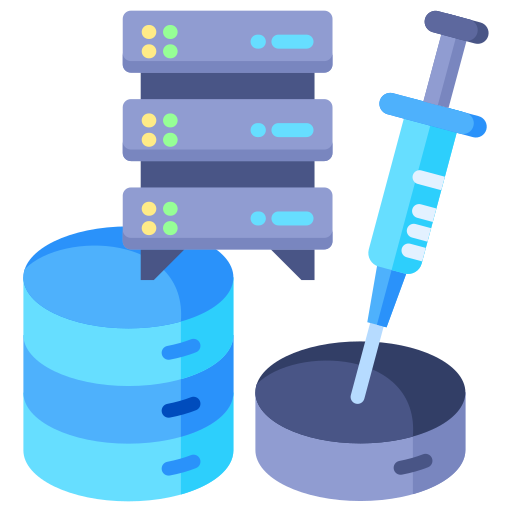
In today’s fast-paced digital landscape, businesses rely heavily on their online presence to reach their target audience and deliver services efficiently. Central to this digital operation is the use of servers, the backbone of hosting websites, applications, and data. Ensuring the seamless performance of servers is critical, and that’s where outsourced server monitoring steps in, offering a solution that enhances performance, minimizes downtime, and optimizes resources.
The Essence of Server Monitoring
Server monitoring is the practice of keeping a watchful eye on a server’s performance and resources. It involves tracking various key parameters such as CPU usage, memory consumption, bandwidth, and disk space. By consistently evaluating these metrics, potential issues can be identified and resolved proactively, preventing server crashes, data loss, or compromised performance.

Why Outsource Server Monitoring?
Outsourcing server monitoring to dedicated experts can bring a multitude of benefits to your business. Here’s why it’s a wise choice:
1. 24/7 Vigilance
Running an in-house monitoring team may be costly and impractical. Outsourced server monitoring offers round-the-clock vigilance, ensuring your servers are monitored every second of every day, providing immediate response to any potential issues.
2. Cost Efficiency
Outsourcing server monitoring can be more cost-effective than maintaining an in-house team. You pay only for the services you need, avoiding overheads like salaries, training, and benefits.
3. Specialized Expertise
Outsourced service providers specialize in server monitoring, ensuring that your servers are monitored by experienced professionals who are well-versed in the latest technologies and best practices.
4. Risk Mitigation
Timely detection and resolution of server issues can prevent catastrophic failures, data breaches, and loss of business. By outsourcing, you mitigate these risks and protect your online assets.
5. Scalability
As your business grows, so does the demand on your servers. Outsourced monitoring services can easily scale with your needs, adapting to the increased complexity and workload.
6. Focus on Core Competencies
By leaving server monitoring to experts, your in-house team can concentrate on core business activities, enhancing productivity and innovation.
Transitioning to Outsourced Server Monitoring
Incorporating outsourced server monitoring into your business strategy can be a game-changer. Here are the steps to ensure a smooth transition:
- Evaluate Your Needs: Understand your server monitoring requirements, considering the size of your infrastructure and the criticality of your services.
- Choose the Right Provider: Research and select a reputable server monitoring service that aligns with your specific needs and goals.
- Implement Monitoring Tools: Collaborate with the chosen provider to set up the necessary monitoring tools and systems.
- Define Protocols: Establish clear protocols and communication channels for issue resolution and reporting.
- Continuous Improvement: Regularly review the monitoring strategy to adapt to changing business needs and emerging technologies.
Outsourced server monitoring is a vital component of a robust online presence, safeguarding your server’s health and ensuring that your digital services remain accessible and reliable.